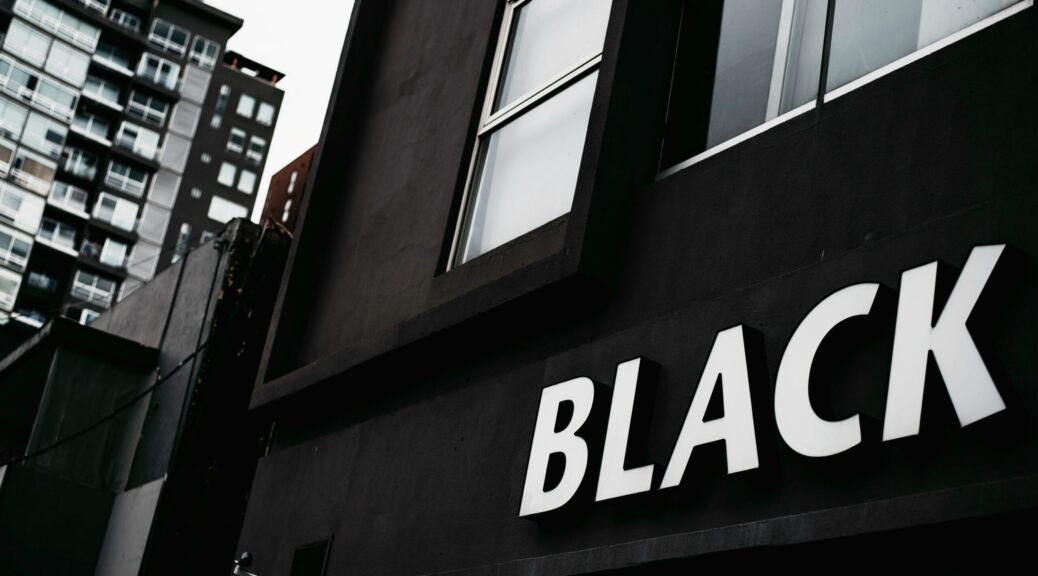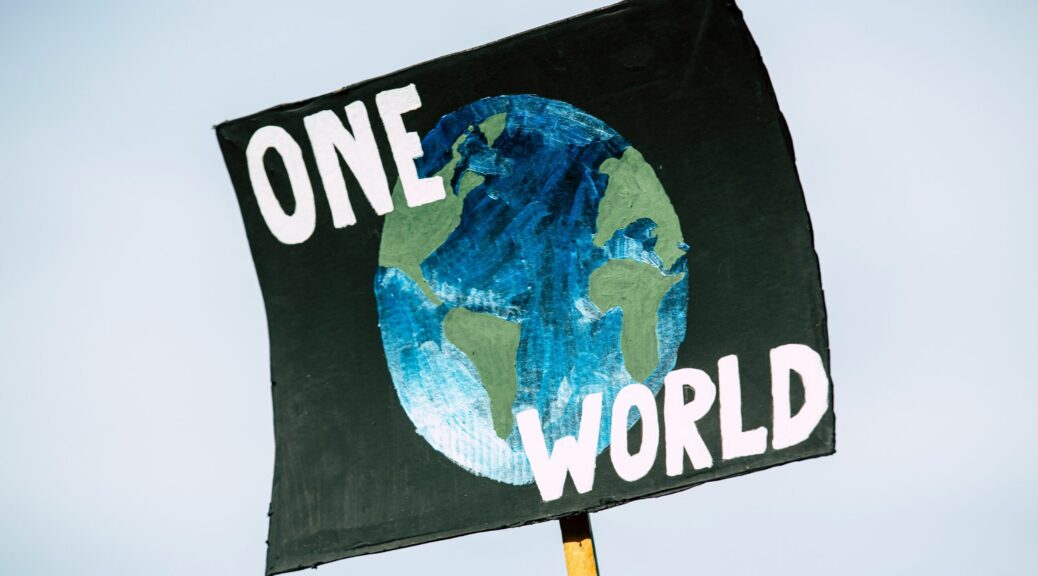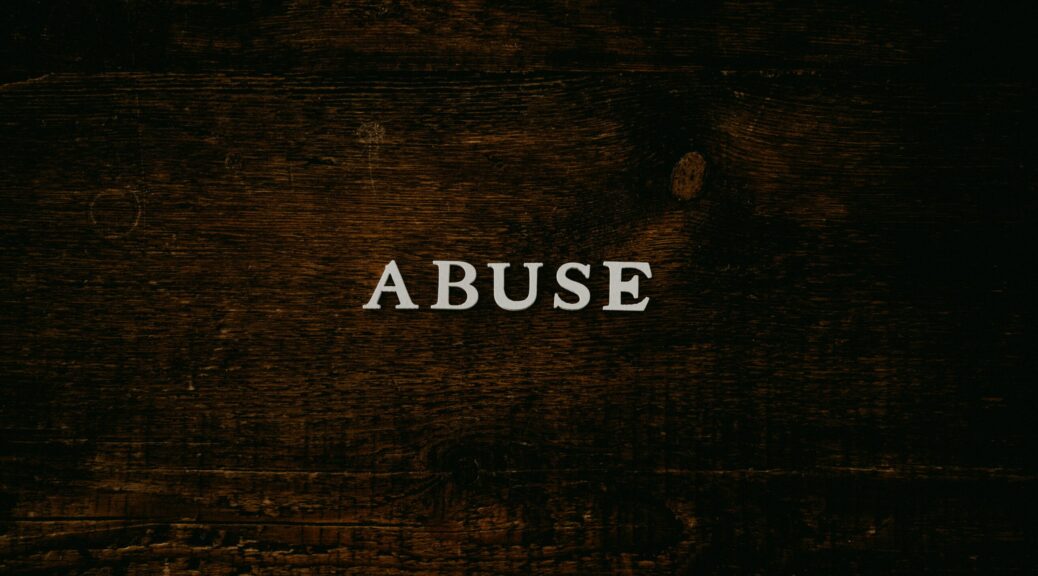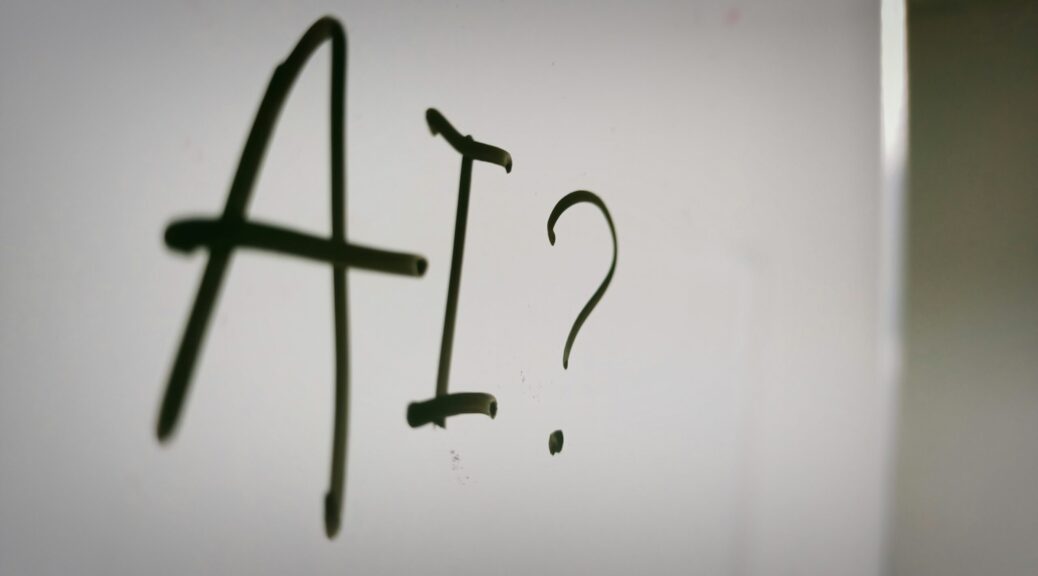In an era defined by environmental urgency and economic transformation, a new tide is rising—one that aligns the ocean’s vast potential with global innovation, sustainable development, and the unstoppable force of youth—the Blue Economy: A Sea of Opportunity.
The blue economy is more than maritime trade and tourism. It envisions an ocean-driven future that is renewable, inclusive, and regenerative. From offshore wind farms to seaweed cultivation, sustainable fisheries to marine biotechnology, this trillion-dollar frontier invites bold thinkers to reimagine the future.
Continue reading The Blue Economy: Sailing Through Youth, Oceans, and Leadership – by Ayse Oge







